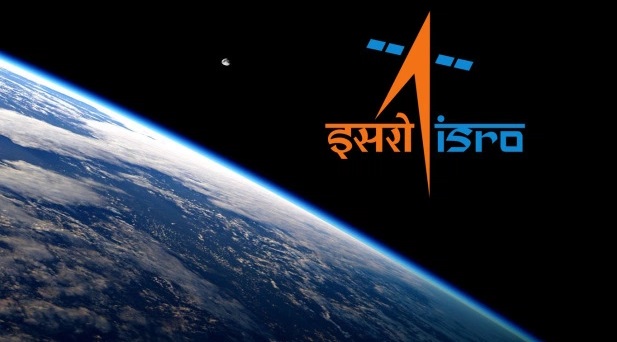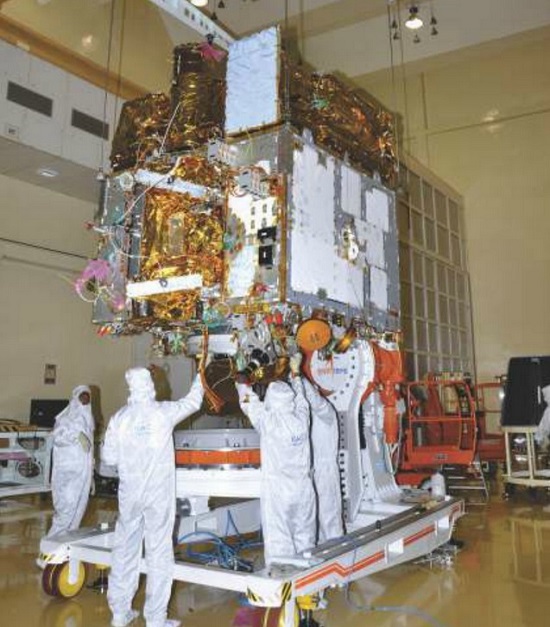Countdown has begun for India to witness the launch of Astrosat, India’s first dedicated Astronomy Satellite. ISRO has been providing regular updates on their new Astrosat mission. Mission Readiness Review (MRR) and Launch Authorisation Board (LAB) have started the countdown on September 27, 2015. ISRO is on the verge of creating yet another history in the field of space science by launching its first ever dedicated astronomy satellite. Astrosat will fly to its orbit 650 km from Earth along with Polar Satellite Launch Vehicle (PSLV-C30). Apart from these two satellites, this mission will also witness launch of four US nano satellites and Lapan-2, a microsatellite from Indonesia and NLS-14, a nanosatellite from Canada. The international partnership is a big milestone and matter of pride for ISRO.

Astrosat will focus on the observation of high-energy processes in binary systems containing neutron stars and black holes. The satellite will also aid the study of estimate magnetic fields of neutron stars, detection of briefly bright X-ray sources in the sky and star birth regions and high-energy processes in star systems beyond our galaxy. Astrosat can also study limited deep-field survey of the universe in the ultraviolet region.
The other 6 international satellites which will be launched along with PSLV C30 will also serve various functions. The nano satellites from US and Lemur satellites from Spiral Global will be deployed for remote sensing of sea vessels and maritime surveillance. Lapan 2 and NLS-14 will also be used for maritime surveillance.








Leave a Reply